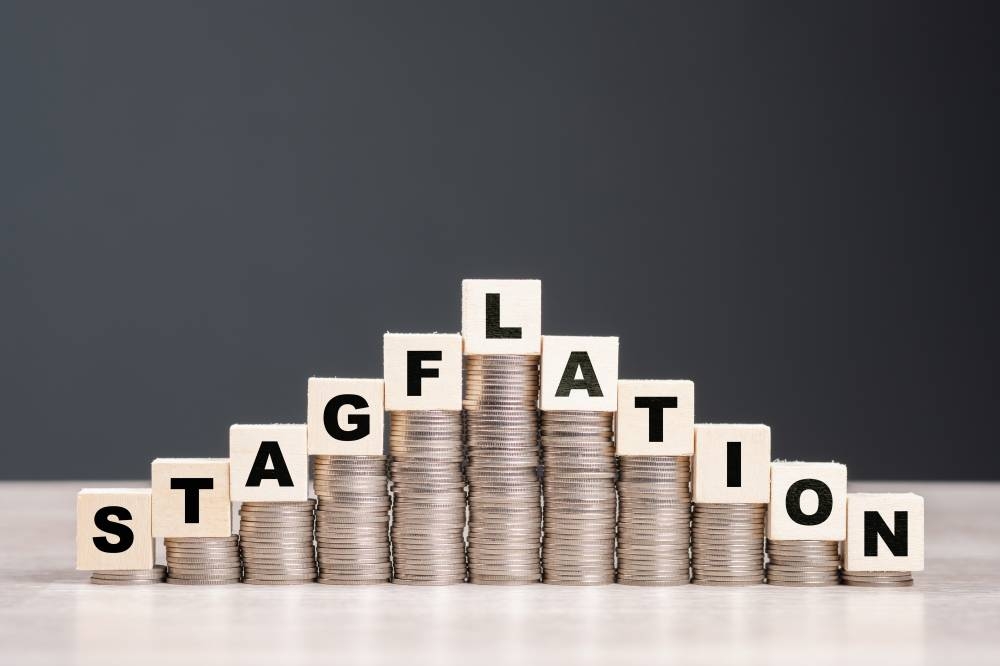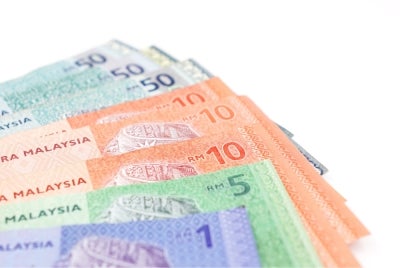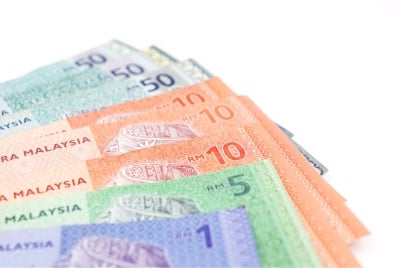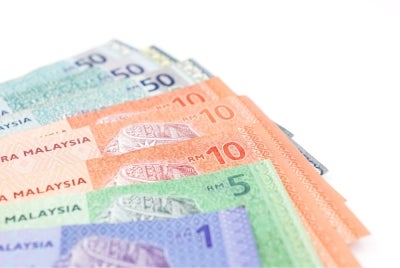Is the Malaysian economy headed for a stagflation?
ZAIDI ISMAIL
At the height of the pandemic, the Malaysian economy faced challenging times.
Companies' businesses were disrupted and unemployment skyrocketed, of which some one million Malaysians were unemployed.
However, with the reopening of borders and almost all Malaysians vaccinated, the economy is expected to rebound.
But has the economy fully recovered? Is it headed for a stagflation?
What is an economic stagflation?
Economists define stagflation as persistent high inflation combined with high unemployment and stagnant demand in a country’s economy.
Associatce Professor Dr Ahmed Razman Abdul Latiff said Malaysia is not headed for a stagflation right now as none of these scenarios are happening in the country right now.
"Our inflation rate in March is at 2.2 percent while unemployment rate is getting lower to 4.2 percent and we are still registering positive growth in every quarter since the fourth quarter 2021.
Due to these factors, Malaysia is unlikely headed for a stagflation," the Universiti Putera Malaysia Business School senior lecturer told Sinar Daily recently.
Inflation under control
Professor Datuk Dr John Antony Xavier meanwhile said Malaysia is not headed for a stagflation.
"For that condition (stagflation) to appear, our economy should be shrinking as measured by a negative gross domestic product or GDP growth.
"At the same time, inflation should be soaring and unemployment rate getting worse.
"Sure enough, food and fuel prices are powering inflation.
But inflation is manageable at 2.2 percent, a rate that is not considered dangerous and only reflecting a marginal increase from 1.9 percent in the previous quarter.
Speaking to Sinar Daily, Xavier said rather, the 1.9 percent is at a mild rate that can induce businesses to invest more with the prospect that they can fetch better prices for their products than the raw materials that were previously sourced at relatively lower prices.
"Thanks to government subsidies for food and fuel, inflation has been moderate.
The economy is also growing at a healthy clip," said the AIMST University vice chancellor.
Bank Negara Malaysia estimates that the GDP will grow between 5.3 to 6.3 percent in 2022.
"Admittedly, the continued recovery in 2022 will be slightly dented by the war in Ukraine and by the projected disruptions to the supply chain.
As a further mark of economic recovery, Malaysia's exports are expected to rise 10.9 per cent this year on higher global demand and stronger commodity prices.
Xavier said this is despite supply chain disruptions and a spike in global oil prices stemming from the war in Ukraine.
"There is also spare capacity in Malaysia's economy as it comes out of the pandemic.
But as the labour market comes closer to full employment (unemployment is 4.1 percent and a 4 percent unemployment rate is considered full employment) the economy can be subject to further inflationary pressures through wage growth as well as the RM1,500 minimum wage implemented as of May.
Additionally, the fear is that Bank Negara will increase the benchmark interest rate to stem money flows to the US, UK and the EU as these nations increase their interest rates to stanch their soaring inflation.
"In the US for example, inflation exceeds 8 per cent.
"Stemming the outflows will also help to prop up our ringgit against the rising dollar and help keep our imported raw materials and intermediate products cheaper.
However, if the benchmark interest rate is raised gradually from the current 1.75 percent, then it is unlikely that the economy will go into a recession.
This is because if the interest spikes sharply, businesses will shy away from making investments as borrowing would become prohibitive.
As such, moderate inflation can take place should the economy grow and not shrink.
Therefore, the chance of a stagflation is slim. To keep it that way, Malaysia should encourage start-ups to localise the supply chain, gradually raise interest rates to keep inflation in check and promote economic growth and employment through pump-priming the economy," said Xavier.
Government doing all it can to avert stagflation
In the event of stagflation, fret not as the government will surely do something to minimise the impact.
Dr Muhammad Iqmal Hisham Kamaruddin said the possibility of a stagflation is there as oil and gas prices are up and the US Federal Reserve had also increased their rates to counter the inflation.
"I will expect Bank Negara Malaysia to follow suit by increasing the OPR or overnight policy rate.
"The question is whether the increase is 0.25 or 0.50 percentage basis points to minimize the impact.
Based on previous records, the central bank will increase in stages meaning that we will soon see the OPR being increased twice in 2022.
The Universiti Sains Islam Malaysia economics and muamalat faculty senior lecturer said stagflation or inflation is a mismatch between demand and supply.
On the same page, unemployment could become a more critical issue as the economy is still not fully healthy after Covid-19 and needs to face this stagnation wave.
What do we need to do as an individual?
"Plan our spending wisely, invest more during the downturn as assets and securities will be cheaper and will appreciate and give higher returns once the economy is back on track later," said Iqmal.
Download Sinar Daily application.Click Here!














